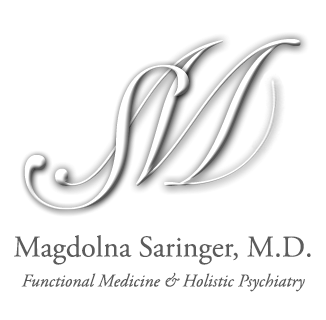It’s no secret that the frequency of the autism diagnosis has increased dramatically since the 1980s. The most recent CDC report indicates one in every 59 children is diagnosed with autism, which shows a 15% increase from the report before. There are many factors contributing to the complex presentation of the autism symptomatology including genetics, nutrition, toxic exposure from multiple sources.
My focus is on individuality — every autistic child is different, and an integrative approach will be individualized to their specific needs. The two fundamental questions guiding my approach are the following:
1. Is there something the child should receive for which he/she has an unmet need?
2. Is there something the child should avoid or get rid of because it is toxic or causing allergic responses?
The assessment includes a detailed questionnaire, genetic testing, laboratory testings to identify biochemical imbalances, food sensitivities, infections, toxin levels, and diversity of the microbiome. The treatment is focused on rebalancing the patient’s health by removing and replacing chemicals. The approach is mainly nutrition and supplement based.
